Λιγότερο από το μισό χριστιανικό πληθυσμό της Αγγλίας και της Ουαλίας, δείχνει η Απογραφή του 2021
- Δημοσίευσε2 μέρες πριν
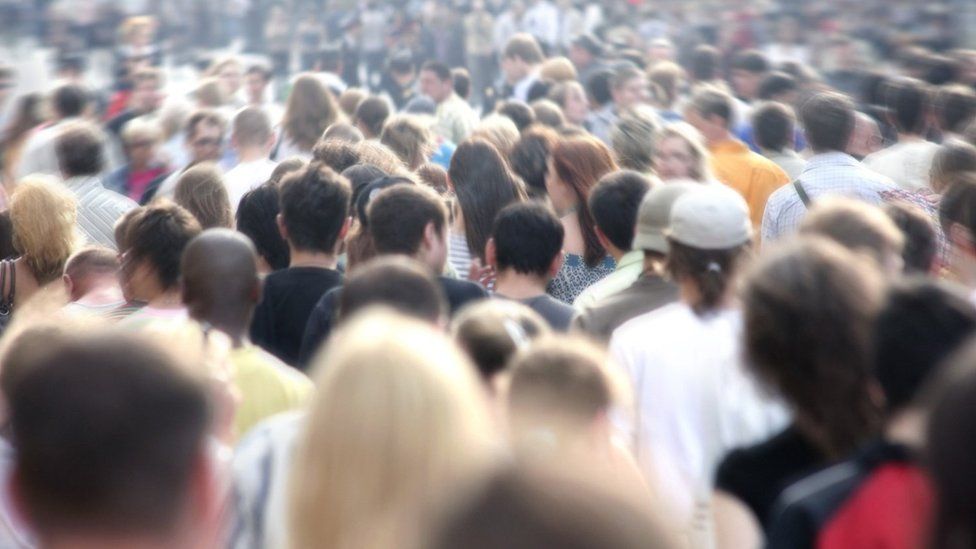
Για πρώτη φορά λιγότεροι από τους μισούς ανθρώπους στην Αγγλία και την Ουαλία περιγράφουν τους εαυτούς τους ως χριστιανούς, αποκάλυψε η Απογραφή του 2021.
Το ποσοστό των ανθρώπων που δήλωσαν ότι ήταν χριστιανοί ήταν 46,2%, από 59,3% στην τελευταία απογραφή του 2011.
Αντίθετα, ο αριθμός που δήλωσαν ότι δεν είχαν θρησκεία αυξήθηκε στο 37,2% του πληθυσμού, από το ένα τέταρτο.
Όσοι ταυτίζονται ως μουσουλμάνοι αυξήθηκαν από 4,9% το 2011 σε 6,5% πέρυσι.
Οι άνθρωποι ρωτήθηκαν επίσης για την εθνική τους ομάδα και την εθνική τους ταυτότητα - οι απαντήσεις των οποίων δημοσιεύθηκαν στα αποτελέσματα που μόλις δημοσιεύθηκαν.
Η απογραφή πραγματοποιείται κάθε 10 χρόνια από την Εθνική Στατιστική Υπηρεσία (ONS).
Οι άνθρωποι ρωτήθηκαν το γενικό ερώτημα ποια ήταν η θρησκεία τους αντί να ερωτηθούν πιο συγκεκριμένα για τις πεποιθήσεις ή τις θρησκευτικές τους πρακτικές, στην εθελοντική ερώτηση που περιλαμβάνεται στην απογραφή από το 2001.
Το να σημειώνεις «χωρίς θρησκεία» δεν σημαίνει ότι δεν έχεις πεποιθήσεις, λέει η καθηγήτρια Linda Woodhead, από το King's College του Λονδίνου.
"Μερικοί θα είναι άθεοι, πολλοί θα είναι αγνωστικιστές - λένε απλώς, "δεν ξέρω πραγματικά" - και κάποιοι θα είναι πνευματικοί και θα κάνουν πνευματικά πράγματα." είπε.
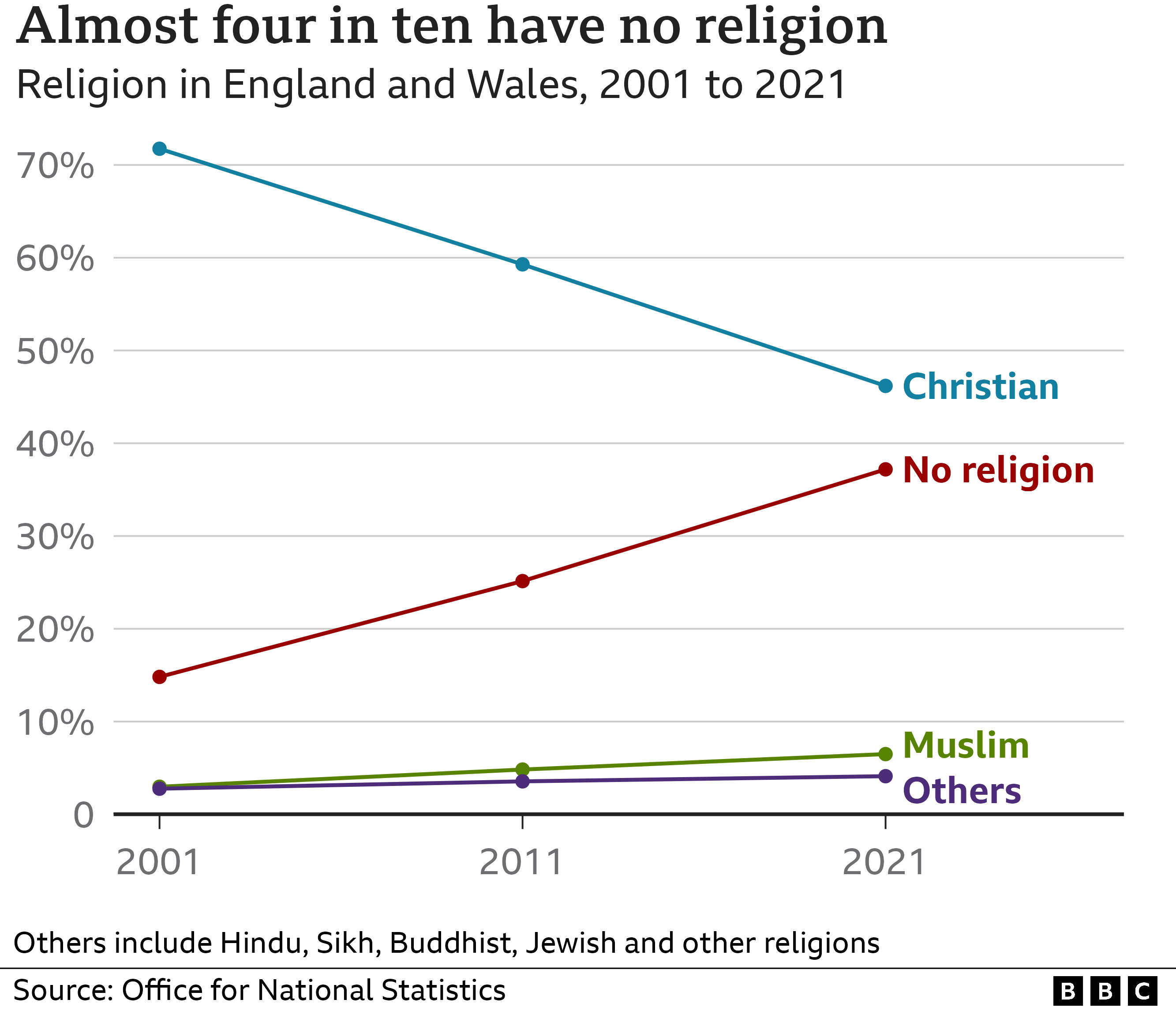
Separately when people were asked about their ethnic group, 81.7% of residents in England and Wales identified as White, down from 86.0% a decade earlier, according to the census.
And 74.4% of the total population identified as White as well as English, Welsh, Scottish, Northern Irish or British.
The next most common ethnic group was Asian, Asian British or Asian Welsh accounting for 9.3% of the overall population - 5.5 million people, up from 4.2 million.
The number of people identifying as Black, Black British, Black Welsh, Caribbean or African was 2.5% of the population, up from 1.8%, taking the figure from 990,000 to 1.5 million.
One in 10 of households across England and Wales are now made up of people from two or more different ethnic groups - an increase from 8.7%.
And Luton, Birmingham and Leicester. are among 14 areas in England where people identifying as White are now in the minority.
In terms of national identity, among those who described it as not being the UK, the most common response was Polish, followed by Romanian.


It may feel like a pivotal moment, with the census showing fewer than half of people in England and Wales identifying as Christian, but for years social surveys have shown a rapid rise in those who define themselves as having no religion, often reporting that as the largest category - that is not the case in the census data.
With its very simple optional question, "What is your religion?", the census does not illustrate the range of 22.2 million people in the "no religion" category; from those who do not believe in god at all to those who do in some form, or believe in the power of prayer and an afterlife or are spiritual in some way.
The trend away from faith is not something that is reflected in major non-Christian religions which all saw a rise, with more than 1.2 million more people identifying as Muslim in England and Wales in 2021 as compared to 2011. As with ethnicity, patterns of family size and immigration are seen as contributory factors.
Of those who chose to write in their answer under the "any other religion" option, the largest group identified as Pagan, with a tenfold rise from 2011 in those identifying themselves as Shaman.

In terms of religion, London is the most religiously diverse region of England, with just over 25.3% of people reporting a religion other than Christianity.
And south-west England is shown to be the least religiously diverse region, with 3.2% selecting a religion other than Christian.
The figures also showed differences in nations - in England alone, 37.2% of people said they had no religion, while in Wales this rose to 46.5% from 32.1% in 2011.
Following the announcement, the Archbishop of York said the country had "left behind the era when many people almost automatically identified as Christian".
The Most Rev Stephen Cottrell said: "It's not a great surprise that the census shows fewer people in this country identifying as Christian than in the past, but it still throws down a challenge to us not only to trust that God will build his kingdom on Earth but also to play our part in making Christ known."
He said that, facing a cost-of-living crisis and war in Europe, people still needed spiritual guidance, adding: "We will be there for them, in many cases, providing food and warmth."
Chief executive of Humanists UK Andrew Copson added the figures should be a "wake-up call which prompts fresh reconsiderations of the role of religion in society".
"No state in Europe has such a religious set-up as we do in terms of law and public policy, while at the same time having such a non-religious population."
The census explores how British society is being shaped from people's answers to questions about themselves, their household and their home.
The results help organisations make decisions on planning and funding public services including transport, education and healthcare.
The 2021 survey, carried out on March 21 last year, was filled out by more than 24 million households across England and Wales. More data from the census is set to be published in stages over the next two years.
Scotland's census was due to take place in 2021 but was delayed by a year due to the Covid pandemic.
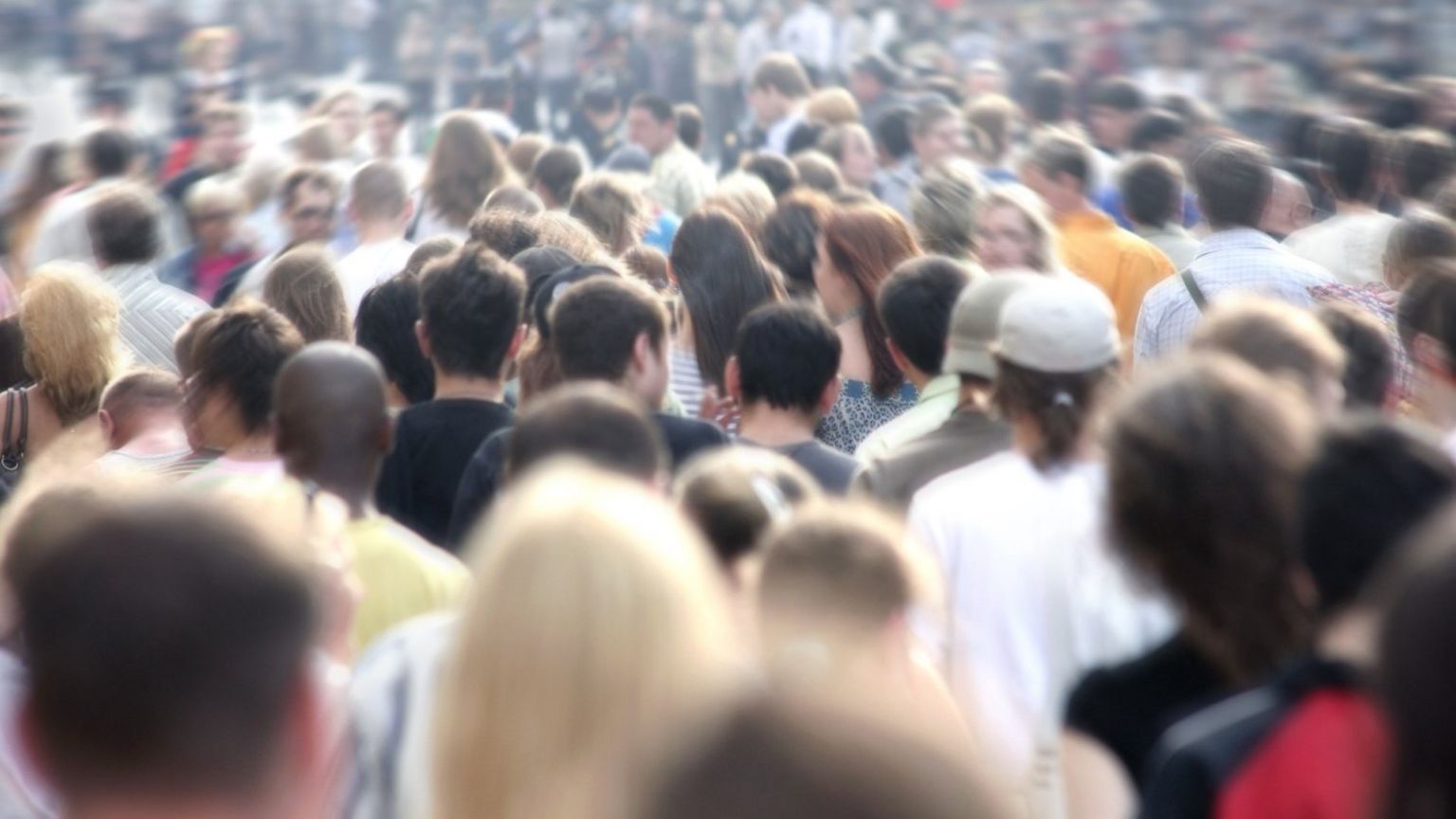
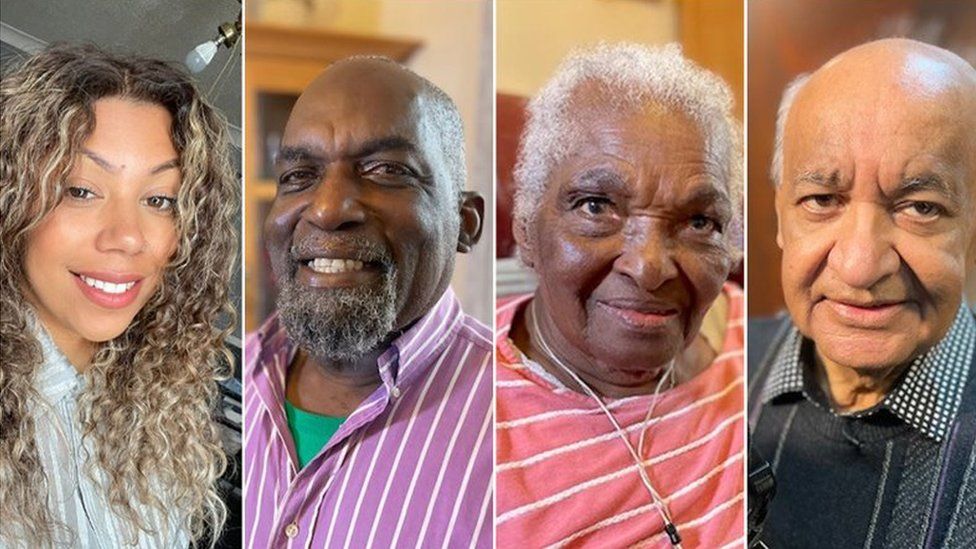

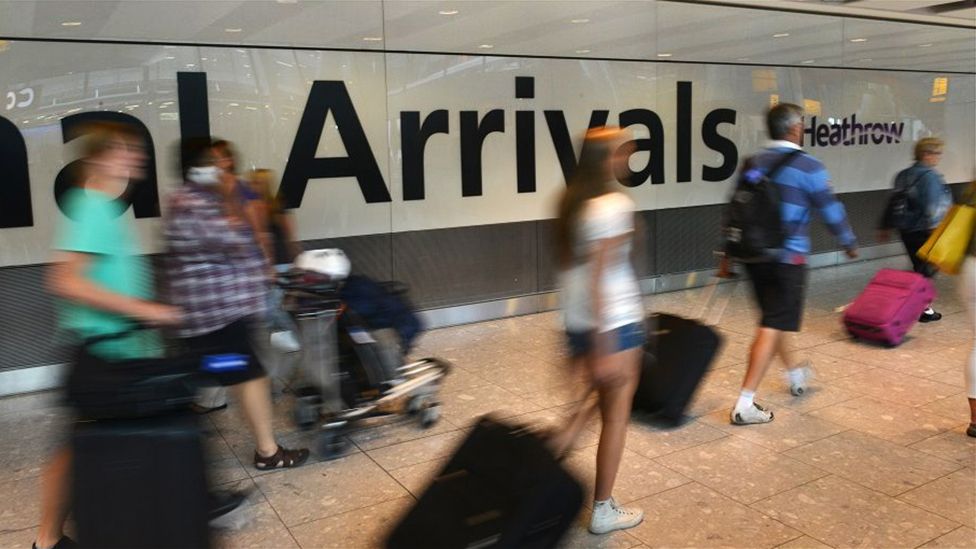
Δεν υπάρχουν σχόλια:
Δημοσίευση σχολίου